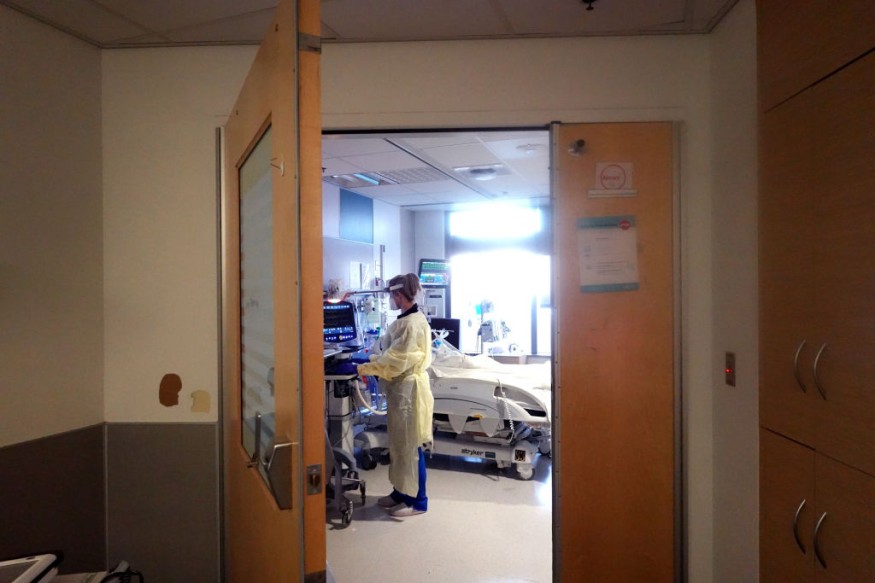Socio-economic deprivation is not only confined to the aspects of social welfare and economic development but is also connected to health.
A new study in the US found impoverished individuals are prone to premature cardiovascular death.
For decades, heart disease has been a challenge to the modern healthcare industry in the US and other countries worldwide. Still, the burden weighs more on disadvantaged individuals both for current and previous research.
Social and Economic Deprivation

In a paper published in the journal Mayo Clinic Proceedings on March 15, researchers linked premature cardiovascular mortality in the US by analyzing the Social Deprivation Index (SDI) and Area Deprivation Index (ADI) through a cross-sectional analysis of death certificates from 1999 to 2018.
The study used county-level data from across the US to conduct an assessment of premature death caused by cardiovascular disease for adults aged between 25 and 64.
The researchers also factored in education, employment, income, and the local environment.
The team found that the mentioned lack of the said socio-economic factors above is also significantly associated with an increased mortality rate from premature death caused by heart issues.
The results also indicate that there is a "potentially worsening disparities," as per the study.
The study showed that approximately 40% and 44% of cardiovascular deaths were people from poor communities, highlighting the disparity between poor people with the rest of the members of the societal hierarchy.
Healthcare and Medical Resources
Prior to the recent study by Mayo Clinic Proceedings, anecdotal evidence showed that people who are struggling financially barely meet their medical needs, including access to healthcare and medical resources.
Since the US reportedly does not have universal healthcare coverage, there is a corresponding payment for availing of medical care.
This entails that not all individuals can afford one of the world's progressive healthcare systems.
This is especially prevalent in poor communities, as per a separate study published in the Journal of Primary Care & Community Health in 2017.
In particular, this study emphasized that individuals with low socioeconomic status affect their health outcomes due to the quality of health care they receive.
In the 2017 study, impoverished individuals were found to have a lower life expectancy and suffer more from chronic conditions.
However, while this is what the prevailing research suggested, previous studies have also shown that lifestyle choices, including diet, exercise, and sleeping habits, are still important factors toward overall health.
Cardiovascular Disease in the US
The Centers for Disease Control and Prevention (CDC) considers heart disease or cardiovascular disease as one of the leading causes of death in the US that is affecting men, women, and individuals belonging to most ethnic and racial groups.
The CDC said one person dies from cardiovascular disease every 36 seconds in the US.
Meanwhile, approximately more than 650,000 people in the country die from heart disease each year. It has cost the US government hundreds of billions of dollars annually.
According to WebMD, the most common types of heart disease are the following:
- Coronary Artery Disease
- Heart Arrhythmias
- Heart Failure
- Heart Valve Disease
- Pericardial Disease
- Cardiomyopathy (Heart Muscle Disease)
- Congenital Heart Disease
Other symptoms or forms of heart disease are angina, heart attack, myocarditis, myocardial infarction, pericarditis, and congestive heart failure.
© 2025 NatureWorldNews.com All rights reserved. Do not reproduce without permission.




